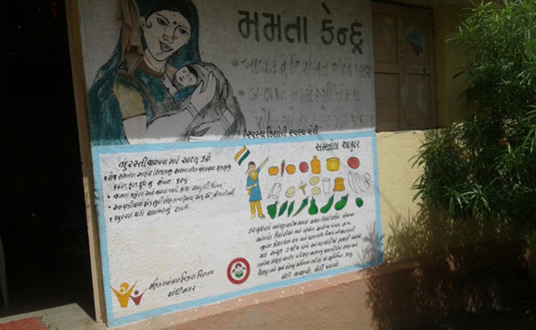For Education
The project has adopted 41 government schools in these 37 villages. Many of these had previously struggled with poorly trained teachers, a lack of administrative oversight and overstretched facilities – a common trait amongst state-run rural schools.
The tarnished reputation of these schools meant that many people would send their children to private schools for a better education – even if this stretched their personal finances – whilst the very poorest had no other options. This was very detrimental to social mobility.
To change this situation, BET are taking the following steps to help set up and maintain quality.



education for all:
- Improve infrastructure of government-run Primary schools with new build if necessary following BALA (Building as a Learning Aid) for 5-12-year olds
- Improve education provision and accountability with ongoing training for its teachers and management, using new curriculum and teaching styles based on PRAGNA system, which is child-centred, as with Montessori .
- 47 Angan Wadi (Nursery Schools) to support easy transition into Primary schooling for 3-5-year olds have been started by BET in these villages
- Principals and the teachers at these schools are being trained in the new PRAGNA SYSTEM and there are regular training sessions held at BET’s centre in Chaparda.
- Personal, Social and Health Education (PSHE) – Through the use of our mobile van, each school receives valuable lessons in PSHE. This is an opportunity to provide a much wider curriculum, teaching children about personal hygiene and health issues, wider social responsibility towards their family, village and as good citizens of tomorrow.
- Every Sunday, the Anand Dhara Project provides all the children with a free meal, followed by recreational activities.
- ICT literacy and hardware – Computer tablet has been provided to each teacher and Wi-Fi access has been developed in all Anand Dhara schools. Modern PCs and tablet computers with specialist educational software to make most of the technology is now being used to enhance the delivery of lessons bringing the world closer to the children.
- Once a week, the village children learn English. All this provides access to the technological revolution taking place across the world, in a global language.



